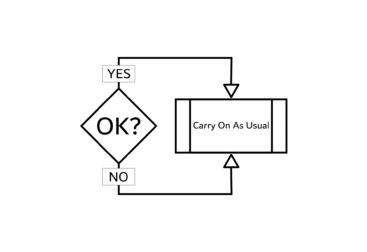This is mostly related to communication since a broad definition for “stakeholder” is “anyone who has anything to do with the product.” and management of them involves communication a lot.
Stakeholder management is a vital part of business analysis; the application is developed because a stakeholder thinks there’s an opportunity (CEO, a committee, external customer), for a stakeholder (end customer), by a set of stakeholders (developers, testers, DBAs, DevOps team, data engineers), with the help of some external stakeholders (vendors, integrators)
Obviously, all of these stakeholders are at different levels, have a different understanding of the product and possibly expect different project outcomes. A business analyst’s initial duty is to establish healthy communication channels with these stakeholders to understand their needs and motivations. Then, bring them together around the product vision, adhere to the project agenda and ensure that they carry out their respective responsibilities for the project, without having any seniority or authority over them.
Throughout my career, I had the chance to work with many different types of stakeholders. I was involved in projects where there are literally tens of subject matter experts with different priorities, technical teams with conflicting schedules, vendors delaying their part of the development.
I also worked in a startup environment where the CEO provided all the requirements and a development team coming from 15+ countries working on the project. I also managed stakeholders that are physically scattered all around the world; some in Europe, others in Asia and Africa.
Each stakeholder I worked with taught me something new about managing stakeholders. Sometimes it is as easy as understanding their motivation and giving them what they want, most of the times it is a “give and take” relationship where you also need to compromise.
However, It gets much more complicated when a stakeholder wants to use your project as leverage for their ongoing dispute with another stakeholder.
It may come down to invoking contract clauses, having serious meetings with colleagues or saying “No” to the CEO.



